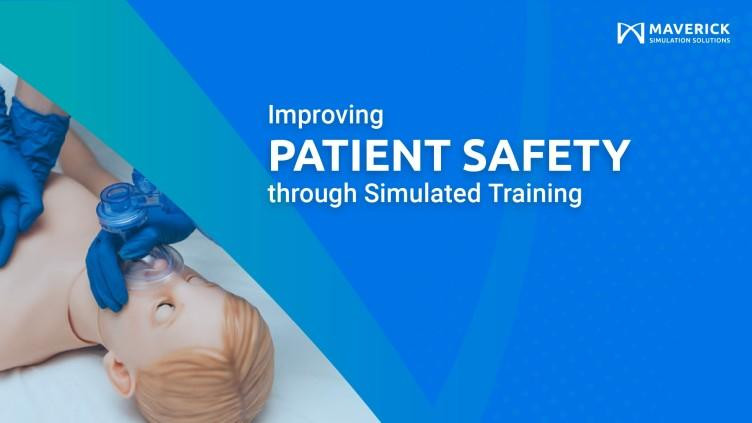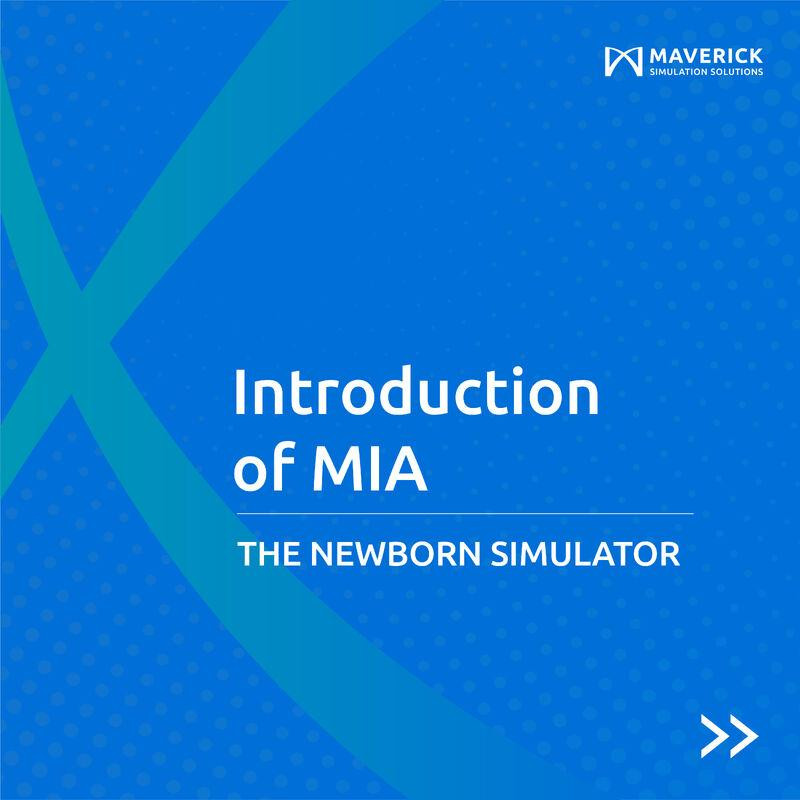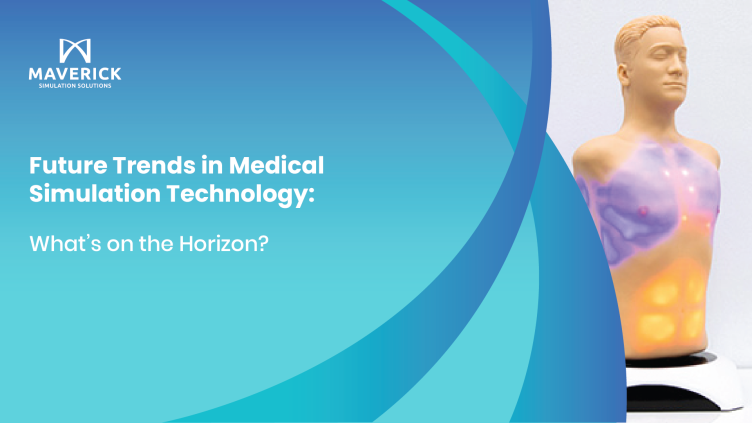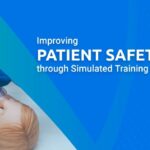In the field of medical education and healthcare, simulators have emerged as indispensable tools for training professionals to manage critical situations with precision and confidence. Among the most innovative developments are the trauma care simulator, neonatal simulator, and heart sound simulator. These advanced devices are reshaping the way medical practitioners learn, practice, and refine their skills.
Trauma Care Simulator: Preparing for Critical Moments
A trauma care simulator is a cutting-edge training tool designed to mimic real-life trauma scenarios. From managing severe injuries caused by accidents to handling complex emergency surgeries, these simulators offer an immersive experience. Medical professionals can practice everything from airway management and hemorrhage control to chest decompression and fracture stabilization.
By recreating high-pressure environments, trauma care simulators enable practitioners to enhance their decision-making abilities, teamwork, and technical skills. They are particularly effective in teaching protocols for mass casualty incidents, where quick and efficient responses are crucial. As these simulators evolve, they continue to integrate advanced features such as physiological monitoring and artificial intelligence to provide feedback and assess performance.
Neonatal Simulator: Ensuring Better Care for Newborns
Caring for newborns, especially preterm or critically ill infants, requires specialized skills and a deep understanding of neonatal physiology. The neonatal simulator is a revolutionary tool that replicates the delicate anatomy and responses of newborns, allowing healthcare providers to practice neonatal resuscitation, intubation, and other life-saving procedures.
These simulators can mimic various conditions such as respiratory distress, cyanosis, and seizures, providing a realistic training platform for handling complex neonatal cases. Equipped with features like heart rate monitors, respiratory sensors, and real-time feedback systems, neonatal simulators help bridge the gap between theoretical knowledge and practical application. By training with these simulators, healthcare teams can improve outcomes for newborns by delivering timely and effective interventions.
Heart Sound Simulator: Mastering Cardiac Diagnostics
One of the most critical aspects of diagnosing cardiovascular conditions is the ability to recognize abnormal heart sounds. A heart sound simulator is an advanced device designed to help medical professionals and students identify a wide range of heart sounds, including murmurs, gallops, and rubs.
Using state-of-the-art technology, these simulators reproduce accurate acoustic signals that mimic real patient conditions. Trainees can practice auscultation using a stethoscope in a controlled environment, allowing them to differentiate between normal and pathological sounds. Heart sound simulators often include customizable features to simulate various clinical scenarios, helping learners build confidence in diagnosing and managing cardiac disorders.
The Importance of Medical Simulators in Healthcare
Medical simulators like the trauma care simulator, neonatal simulator, and heart sound simulator are transforming the landscape of healthcare training. They not only improve skill acquisition but also reduce the risks associated with training on real patients. By providing a safe and controlled environment, these tools help build proficiency and preparedness for real-world situations.
Moreover, simulators promote interdisciplinary collaboration by enabling teams to practice coordinated responses to emergencies. As technology continues to advance, simulators are becoming more sophisticated, incorporating virtual reality, haptic feedback, and AI-driven analytics to enhance the training experience further.
Investing in high-quality medical simulators is crucial for advancing healthcare education and improving patient outcomes. The trauma care simulator prepares professionals for high-stakes emergencies, the neonatal simulator ensures better care for vulnerable newborns, and the heart sound simulator sharpens diagnostic skills for cardiac conditions. Together, these tools are paving the way for a more skilled and confident generation of healthcare providers.
Contact Information:




